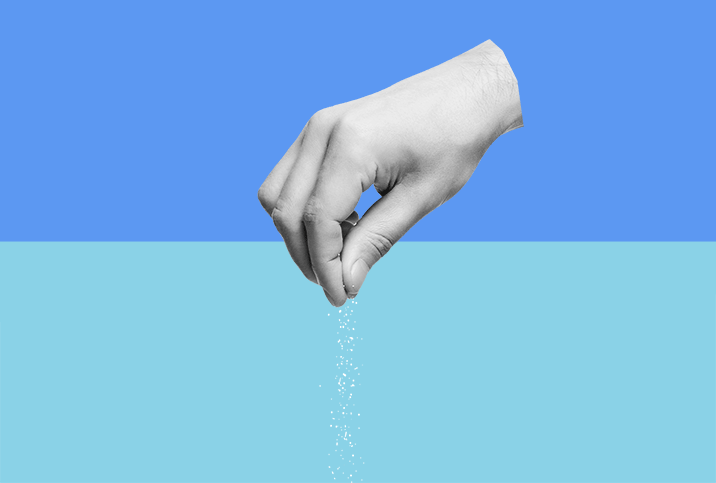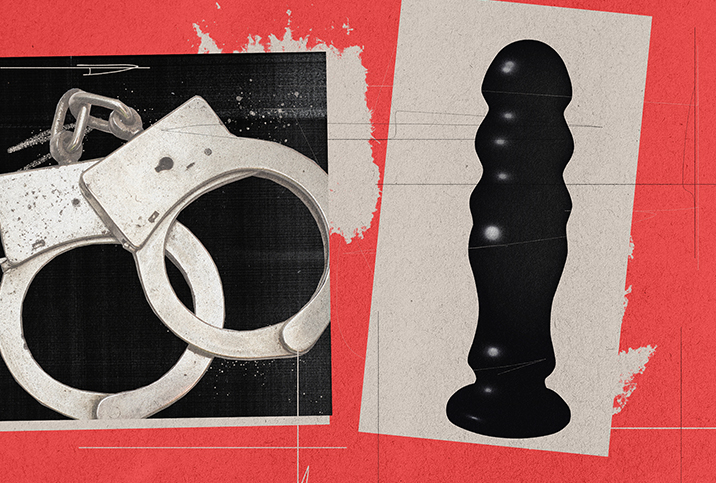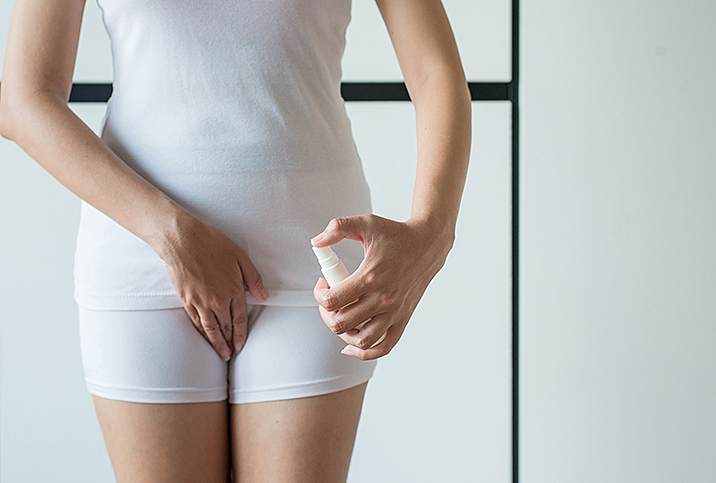What Food You Eat Doesn't Change How Your Vagina Smells

What do fish, onions, tomatoes, seafood and pineapple have in common? They're all foods with a distinct stink that have been blamed for an unpleasant-smelling vagina. Some lifestyle blogs and influencers make unfounded claims about the link between what you eat and how your vagina smells or tastes.
However, medical experts say there's no evidence to support these claims of foods making your vag smell differently, for better or worse. Kecia Gaither, M.D., is board-certified in OB-GYN and maternal-fetal medicine and director of perinatal services/maternal-fetal medicine at NYC Health + Hospitals/Lincoln in the Bronx in New York City. She said she's unaware of a single scientific study confirming a link between diet and vaginal scent or taste.
"There really isn't a lot of data to suggest that particular foods influence vaginal odors," agreed Mary Jane Minkin, M.D., a clinical professor of obstetrics, gynecology and reproductive sciences at the Yale University School of Medicine.
The link between the foods you eat and how your vagina smells
If there's no proof that eating smelly foods leads to a funky smell "down there," then why have these claims received so much traction?
The simple answer is that while what you eat or drink won't change the aroma of vaginal fluid, diet can impact general genital odor. That's because what you eat affects the chemical composition of your sweat.
A 2020 research review published in the International Journal of Molecular Sciences indicated that what you eat impacts your sweat composition. Scientists wrote that eating garlic and onion can make your sweat smell rancid or cheesy, while consuming choline-rich foods such as egg yolks, red meat and liver causes some people's body odor to turn fishy.
Bottom line: It's easy to assume that the unpleasant smell wafting from your genitals after a liver-and-onion sandwich proves the link between diet and vaginal odor. But that's just not the case. Instead, smelly foods impact the smell of groin perspiration, which might seem particularly pungent during oral sex or a frantic quickie.
What actually affects the way your vagina smells?
Your diet won't change how your vagina smells, but many other factors impact vaginal odor, according to Gaither. Poor hygiene, urine leakage, a retained tampon and gynecological cancers can all cause unpleasant aromas.
Penetrative sex can also impact the scent of your vagina. Healthy semen is naturally alkaline, which gives it a chlorine-like taste and smell. If ejaculate lingers in the vaginal canal after sex, the shift in pH can temporarily change how your vagina smells and tastes.
In Minkin's experience, the most cause for concern is when women get a whiff of what she described as "dead fish." Vaginal discharge that smells putrid or fishy is a telltale sign of trouble. The odor usually indicates bacterial vaginosis (BV) or trichomoniasis, a common sexually transmitted disease (STD).
For patients who notice the first hint of a fishy odor, Minkin suggested a pH-balancing product such as RepHresh vaginal gel.
"Bad bacteria do not enjoy an acidic environment in the vagina, and it will help clear the infection," Minkin explained. "However, if a foul odor persists, I would encourage women to see their GYN healthcare provider to find out exactly what is occurring because she may need further therapy, such as an antibiotic."
Bottom line about food and how your vagina smells
"Every woman has her own distinctive scent. It can vary from no scent to a slight musky scent," Gaither said.
Despite what some blogs and influencers spout, there's no scientific evidence that what you eat changes how your vagina smells or tastes. However, pungent foods can alter or intensify the smell of sweat, and sometimes the scent of genital sweat is mistaken for vaginal odor.
It's important to remember that vaginal odor, like skin scent, varies from person to person. If you notice a strong and foul vaginal odor, book an appointment with your healthcare provider. The culprit might be an infection—not yesterday's lunch—which should be diagnosed and treated by a doctor.














